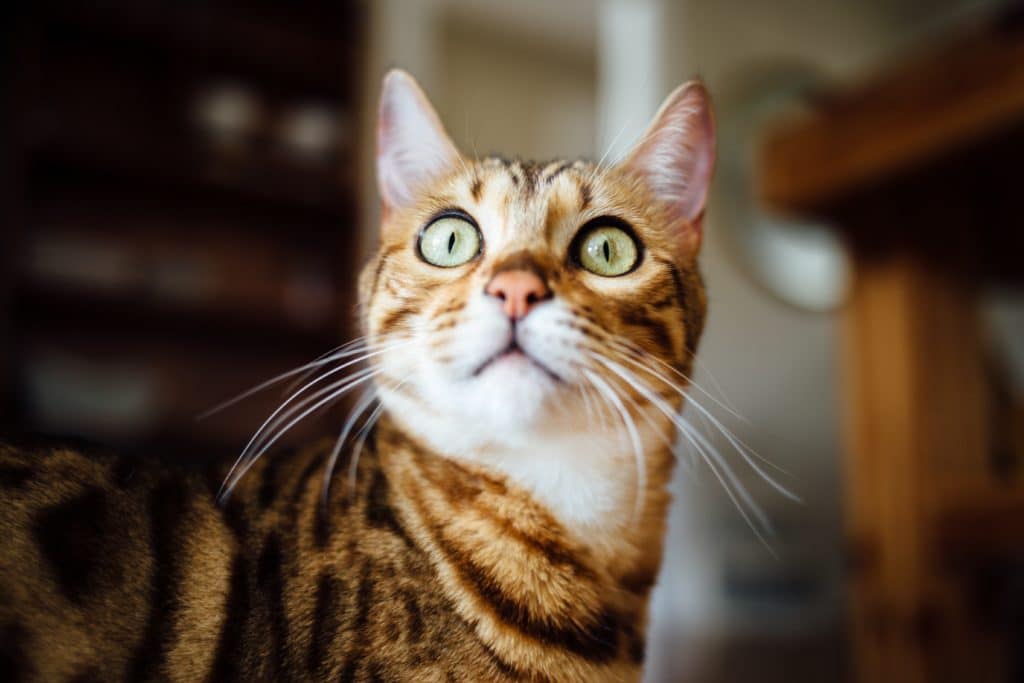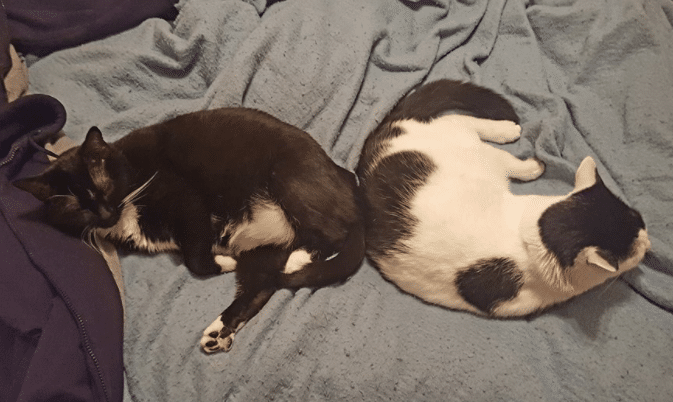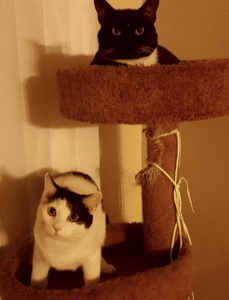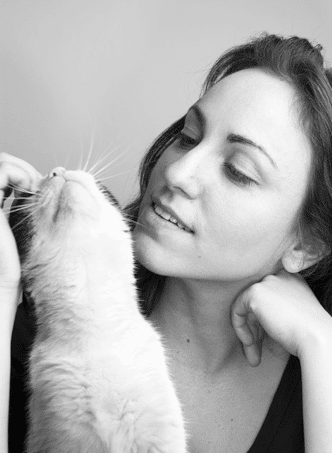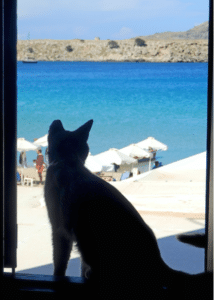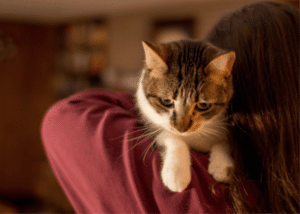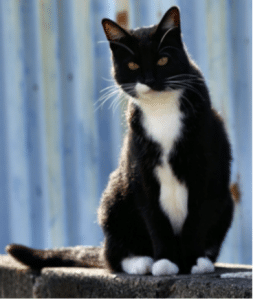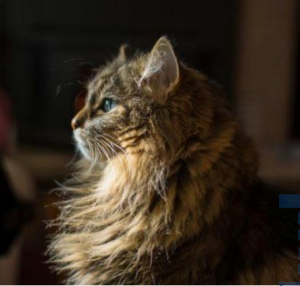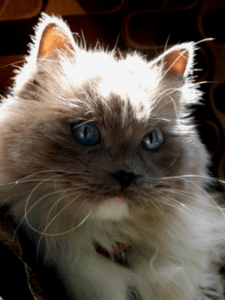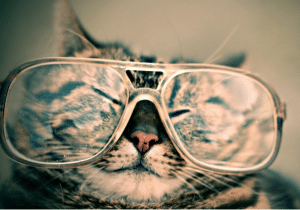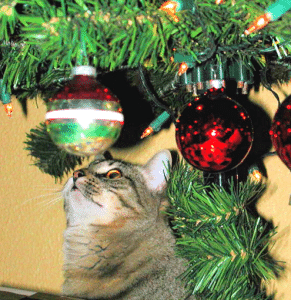The never-ending argument of cats versus dogs is a tale as old as time. While we don’t think we’ll ever settle the debate between “cat people” and “dog people,” we can give you a few great reasons why cats make the perfect pets!
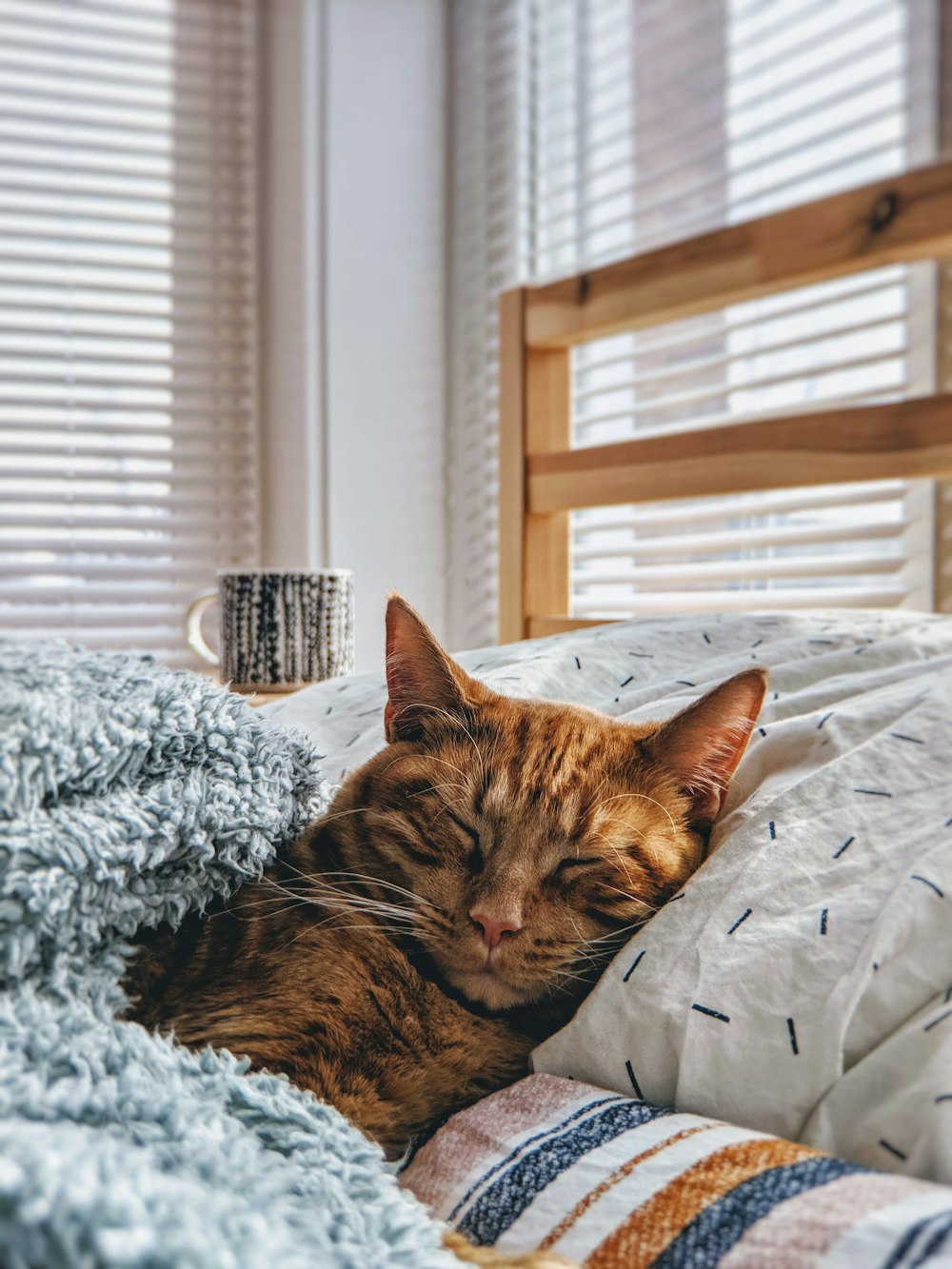
Cats Make Great Companions
Whether you need someone to talk to when you’re home alone or you want a welcoming hello when you walk through the door, cats make awesome companions. They may not be as overtly affectionate as dogs, but cats are always happy to hang out in the room with you, meow for attention, and still express love in their own special way.
They Provide Routine and Responsibility
Whether you have small children who need to learn about responsibility or you simply want more structure in your life, the consistent schedule of feeding your cat and cleaning its litter can help provide the responsibility and structure that many kids (and adults!) need. Cats are a great middle ground when it comes to responsibility. They need a bit more attention than something small like a goldfish, but they aren’t quite as demanding or time consuming as a dog.
Stressed? Pet your cat!
Cats are known to have a calming effect – even more than dogs! Whether it’s their silly obsession with chasing a laser pointer or the soft purr of a relaxed kitty, there’s something about cats that zaps all your stress away.
Cats are a Great Icebreaker!
Who doesn’t love looking at cute pet pictures? Cats can often be found doing the cutest (and silliest) things, which can be great to break the ice when meeting new people. Plus, what can be better than bonding with a fellow cat-lover!
This is by no means an exhaustive list of the dozens of reasons that owning a cat is a great idea! What are your favorite things about having a cat? Leave a comment and let us know! Are you ready to get a cat of your own? Contact us with any questions or concerns.

